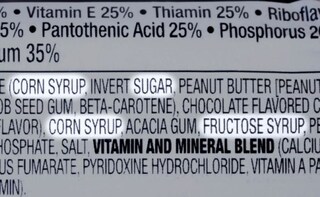New York: A group of experts from Yale University have now discovered that the human brain has the capability to produce fructose – a type of sugar. Also known as fruit sugar, it is natural found in honey, sweet fruits like berries and root vegetables such as sweet potatoes. Commercially, fructose is obtained from sugarcane, sugar beets or corn. High fructose corn syrup is a mix of glucose and fructose and is used commonly in processed foods. It has also been criticized for its health risks.
The effects of glucose and fructose vary. While glucose in the brain sends signals of fullness, fructose doesn’t. But one thing the experts found out was that glucose in the brain gets converted into fructose and this conversion happens in other parts of the body. The finding also raises questions about fructose’s effects on the brain and eating behaviour, Hwang said.To reach these results, the team gave eight healthy, lean individuals infusions of glucose over a four-hour period, where the sugar concentrations in the brains and blood of the participants were assessed.With inputs from IANS
The effects of glucose and fructose vary. While glucose in the brain sends signals of fullness, fructose doesn’t. But one thing the experts found out was that glucose in the brain gets converted into fructose and this conversion happens in other parts of the body. The finding also raises questions about fructose’s effects on the brain and eating behaviour, Hwang said.To reach these results, the team gave eight healthy, lean individuals infusions of glucose over a four-hour period, where the sugar concentrations in the brains and blood of the participants were assessed.With inputs from IANS
For the latest food news, health tips and recipes, like us on Facebook or follow us on Twitter and YouTube.
Advertisement
